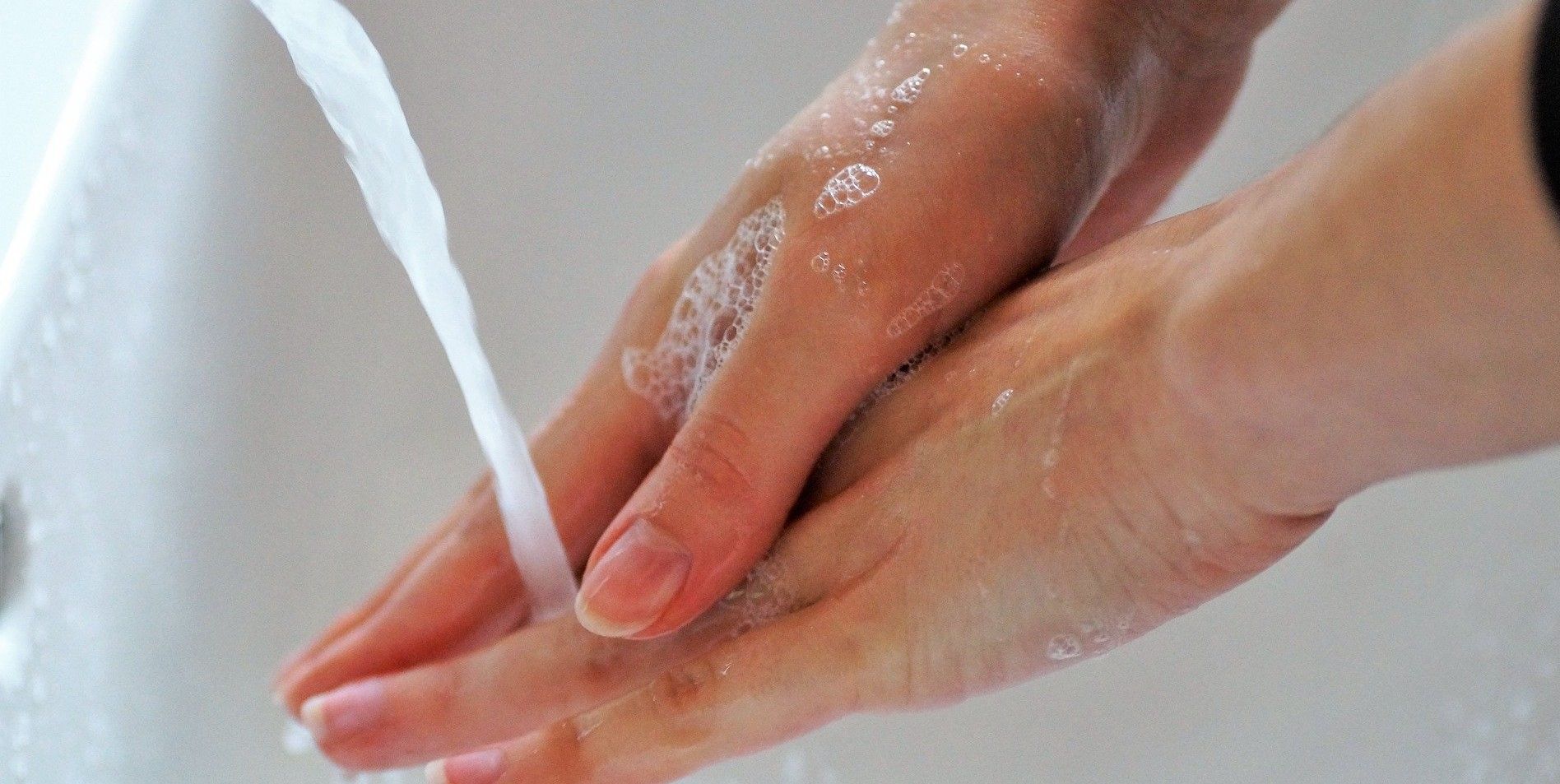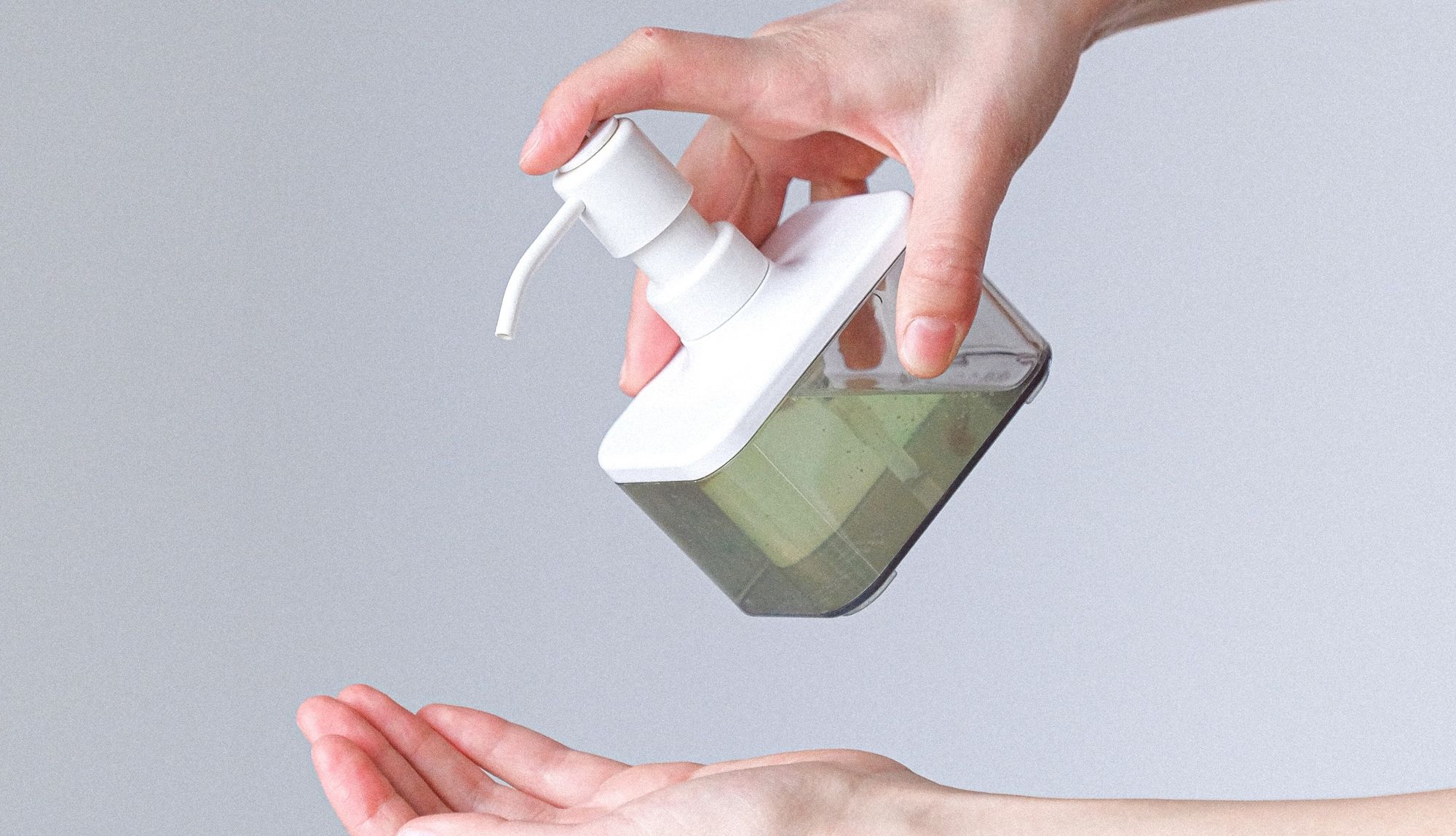A storm is brewing in America over the sale of a controversial antiseptic which, according to its manufacturers, offers protection from coronavirus.
The product is called NanoBio Protect, and is an alcohol-free, fragrance-free antiseptic that is wiped inside the nose. The makers, BlueWillow Biologics, claim that using their product, alongside other protections, can improve a customer’s chances of avoiding infection from coronavirus.
“We see it as part of a total program to prevent infection. It's part of a total solution to help people get back to their lives,” said Dr. Chad Costley, chief medical officer at BlueWillow, stressing that, “It's not a cure.”

Despite not receiving certification from either the Center for Disease Control (CDC) nor the Food and Drug Administration (FDA) that the product is effective against COVID-19, the company has begun selling the antiseptic on its website for $24.95 a bottle and has also donated 40,000 bottles (each lasting about a month) to health care workers across America.
According to a report by the Detroit Free Press, “The active ingredient in NanoBio Protect is benzalkonium chloride, a compound that has been approved for over-the-counter sales by the FDA and has been used on humans since the 1940’s. It is found in many consumer products — such as skin antiseptics, wound wash sprays, cold sore treatments, hand sanitizers and as a preservative in eye, ear and nasal drops.”
The makers claim that what makes their product different from other disinfectant sprays and skin sanitisers, is that NanoBio Protect has been specifically designed for use, “… inside and around the nose where germs frequently enter the body and can be applied with a standard cotton swab.”
Consequently, the company has plans to begin selling the product on Amazon and in drugstores before any second wave begins.
This is despite the Free Press quoting the CDC as stating that the active ingredient is inadequate against COVID-19. “Benzalkonium chloride, along with both ethanol and isopropanol, is deemed eligible by FDA for use in the formulation of healthcare personnel hand rubs,” the CDC website states. “However, available evidence indicates benzalkonium chloride has less reliable activity against coronavirus than either of the alcohols.”
Furthermore, Dr. Daniel Rontal, an ear, nose and throat specialist for Beaumont Health, a regional, non-for-profit healthcare provider, said he is sceptical about the new nasal antiseptic as a protection against coronavirus.
“At this point, it’s not something that I would want to be using in my nose,” he said. “It has not been shown and cleared by the CDC and FDA in adequate trials to know that it can actually kill COVID-19. And there’s evidence that it may be bad for the nose.”
Ronal also highlights how there have yet to be any test conducted on humans for the product’s effectiveness against coronavirus. While also warning how multiple studies have shown that benzalkonium chloride can interfere with the nose’s ability to flush out build ups of mucous, which can lead to other infections.
In response, scientists at BlueWillow Biologics point to studies on NanoBio Protect conducted by the British Department of Health’s research agency Public Health England. A company spokesman stating that, “British researchers mixed the virus with the NanoBio Protect. Samples were taken after five, 20, and 30 minutes and plated for viral counts. After five to seven days, the plates were fixed and stained, and the plaques were counted. The results were conclusive: the antiseptic killed the COVID-19 virus at every time point.”
Rontal, however, is dismissive of the findings.
“It’s not a double-blinded study, so we don’t know if there’s an inherent bias,” he said. “And so far the data that has been done on humans (about benzalkoium chloride) is contradictory to this. I would be uncomfortable to recommend this to anybody.”

Dr. Michael Corrado, a fellow at the Infectious Disease Society of America and former vice president of clinical research at Johnson & Johnson, is more sympathetic to NanoBio Protect’s claims. “During this difficult time, doctors and nurses who are treating patients need every protective measure possible,” he states on the company’s website. "Even though BlueWillow's nasal antiseptic hasn't yet been clinically tested to confirm protection against COVID-19 infection, it has demonstrated both anti-bacterial and anti-viral activity in laboratory tests making it a potentially important additive measure to hand washing and barrier techniques for healthcare workers on the front lines.”
Rontal agrees that, with a global total of more than 440,000 known fatalities from COVID, the whole world is eager to find better protection.
“We’re all desperate for some sort of treatment,” says Rontal. “Everyone’s nervous and we’re all researching for something that’s going to be the magic cure. But we need to adequately study things before we get our patients into trouble.”
Consequently, he points his patients towards the simple advice from the US FDA, whose website states, “If soap and water are not available, CDC [Center For Disease Control] recommends consumers use an alcohol-based hand sanitizer that contains at least 60% ethanol.”
While it may be too long to confirm whether NanoBio Protect is effective at lowering infection rates for coronavirus, but it is certainly wise to listen to the experts. So, for now, perhaps it is safer to stick with alcohol-based gels and sanitisers, or simply get busy with good old-fashioned soap.
Photo credit: Pexels, Miguel Á. Padriñán from Pexels, & ivabalk from Pixabay